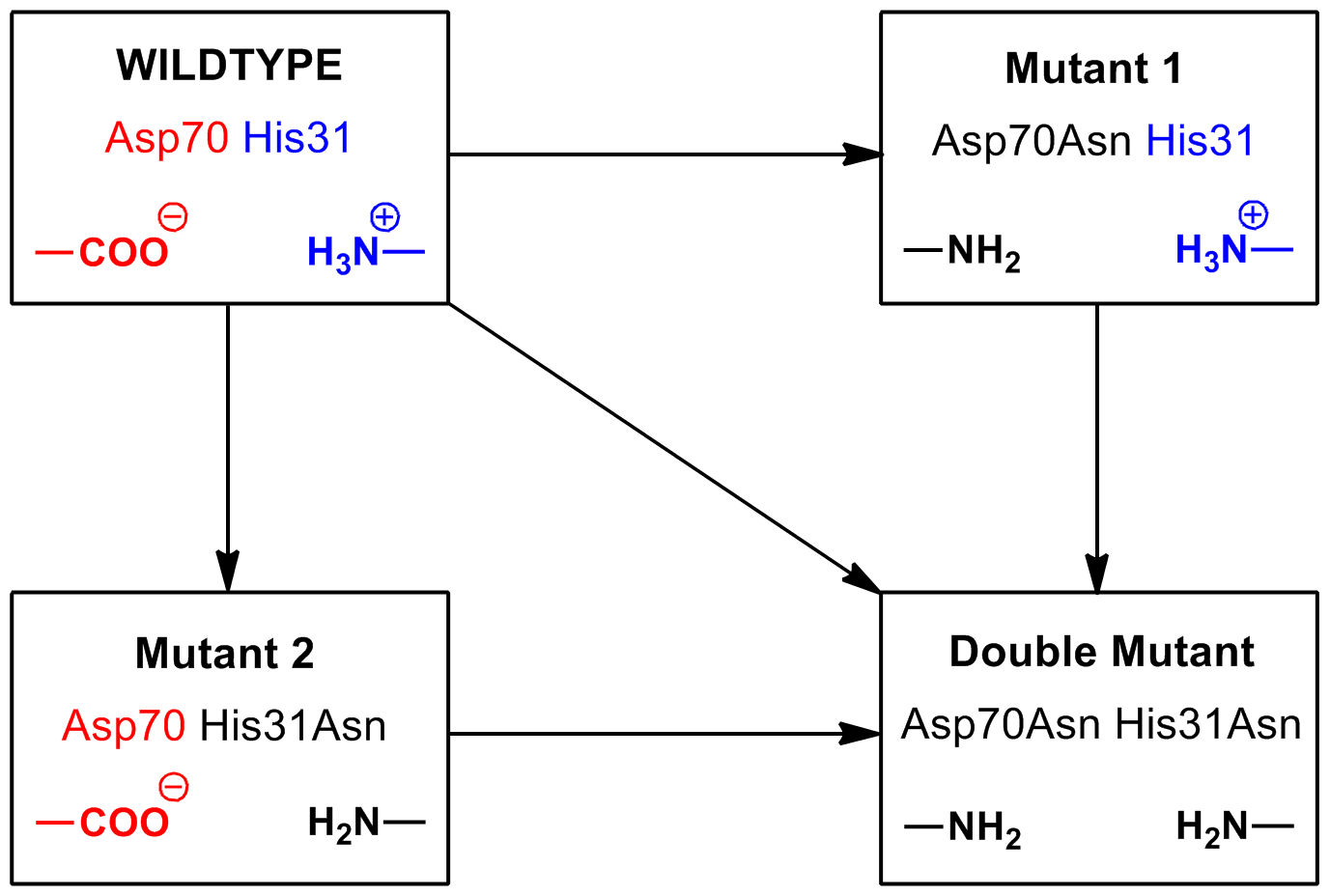The MDI Biological Lab along with the Buck Institute of Research on Aging have discovered cell pathways that could increase the human lifespan by 400-500%. “The increase in lifespan would be the equivalent of a human living for 400 or 500 years.” The implications this would have are immense along with some potential drawbacks, but let’s get into the science first.
The research was conducted on C. elegans, a nematode, because “it shares many of its genes with humans and because its short lifespan of only three to four weeks.” The short lifespan allows scientists to quickly see the effects of their efforts to extend the healthy lifespan. The keyword here is “healthy” because prolonging life means nothing unless you can extend the quality as well. The scientists used a double mutant in the insulin signaling and TOR pathways. The alteration in the insulin pathway yields a 100% increase in lifespan and the TOR pathway yields a 30% increase. The incredible discovery though was that when combined the new lifespan was amplified by 500%!! The expected yield was 130%.
Here depicted is a diagram showing the meaning of a double mutant.
Researchers still say “the discovery in C. elegans of cellular pathways that govern aging, it hasn’t been clear how these pathways interact.” This discovery does lead to the mindset that the important methods of anti-aging are in the interactions between cellular pathways rather than singular pathways. This newly found interaction could also explain why scientists have had trouble discovering “the gene” the governs aging. The combinations of these treatments are described as being similar to the “way that combination therapies are used to treat cancer and HIV.”
It’s odd to picture a world where this treatment could be considered “cosmetic” in a way. Eventually, the human lifespan could expand to hundreds of years with some even living to 1000. The implications that this could have are a current problem we have of overpopulation. It is farfetched, but this would help immensely with the mission to expand into space. The ability to survive with hundreds of years on a potential “colony ship” allows humans to expand to other planets where we would be able to expand greatly. I’ll end with a question: If this treatment was 100% safe and affordable, would you get it? Why or why not?



largeintestein
This entire study is mind boggling to say the least. Human innovation has reached the point where we are inching away from basic human mortality. Realistically, however, this treatment is impractical. Before we focus on extending the lives of fellow humans in the future, we must focus our time and efforts towards our fellow humans on our planet right now. There is much poverty, hunger, and war that we must conquer first before we conquer our life expectancies. Furthermore, I believe the value of life stems from how short it is. Would people lose meanings and morals if they knew they had an extra 1,000 years to live? I believe they would.
jervissystem
This is a truly interesting study in how something as small as a cell signaling pathway can increase the life of specific species. The unexpected life increase of 500% may have the potential not only extend the life expectancy of humans, but could also increase the survivability of food supplies such as corn or wheat. However, the question arrises that if this worked in the C. elegans, does that necessarily mean it would work in human bodies. While humans have very similar genomes to these bacteria, our bodies and theirs are structured very differently and could result in this treatment for death not working on our species. This may not work on all of our complex and larger organisms since there is a point in a human’s life in which some vital parts of their bodies stop working and while the cell signaling pathway may solve certain issues, it may not solve all of them altogether. A lab discussing the life expectancy of the human body can be seen at “https://www.sciencedaily.com/releases/2016/10/161005132823.htm”. On the other hand, this is astounding information and, if it works for humans or other species, it could alter how humans see life as a whole.